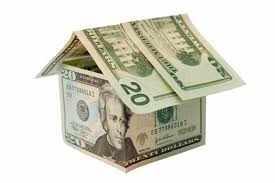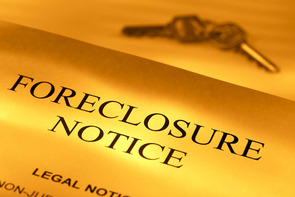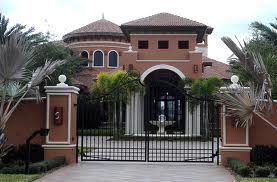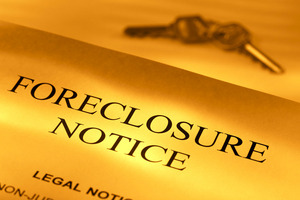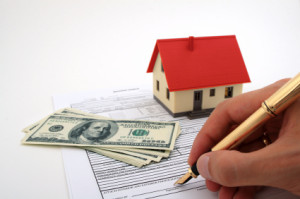 Completing a home purchase is an exciting moment for everyone that worked on that real estate transaction. The seller has sold a property and perhaps made a nice profit from the sale. The real estate agents that worked hard on the transaction for several months are finally going to get paid for their services. The closing agent gets to share the joy of the buyer’s purchase of their new home at the time of closing. And the buyer is undoubtedly excited about moving into a new home. So we will address some steps that a new home owner should take after they have purchased their home.
Completing a home purchase is an exciting moment for everyone that worked on that real estate transaction. The seller has sold a property and perhaps made a nice profit from the sale. The real estate agents that worked hard on the transaction for several months are finally going to get paid for their services. The closing agent gets to share the joy of the buyer’s purchase of their new home at the time of closing. And the buyer is undoubtedly excited about moving into a new home. So we will address some steps that a new home owner should take after they have purchased their home.
We recently discussed when the buyer gets the keys to the property after the closing is completed. But there are still other action items buyers should take after their real estate purchase is complete.
Here are some of those action items buyers should consider doing after they have completed their home purchase:
- It is typically a good idea to have the home professionally cleaned before the move in date.
- Make arrangements to have the utilities either turned on or transferred from the prior owner.
- Make arrangements with the post office to change the mailing address.
- Timely apply for the homestead exemption.
Speaking of the homestead exemption, one added benefit of being a homeowner is that you may be able to qualify for the homestead exemption. If you qualify, the homestead exemption could significantly lower your property taxes. Florida’s homestead exemption is explained in greater detail here.
If you purchased a property that is located within a community governed by a homeowner’s association then it is also a good idea to get as much information regarding the community as possible. You should start by contacting the management office to get information regarding association meetings and other regularly conducted business associated with the running of your community. You should get involved in your community affairs and attend all regularly scheduled board meetings.
Lastly, buyers should not forget to celebrate their home purchase. Buyers should invite everyone over that played a role in their real estate transaction . Everyone that helped the buyer with that purchase will want to share in the joy of completing that transaction.

